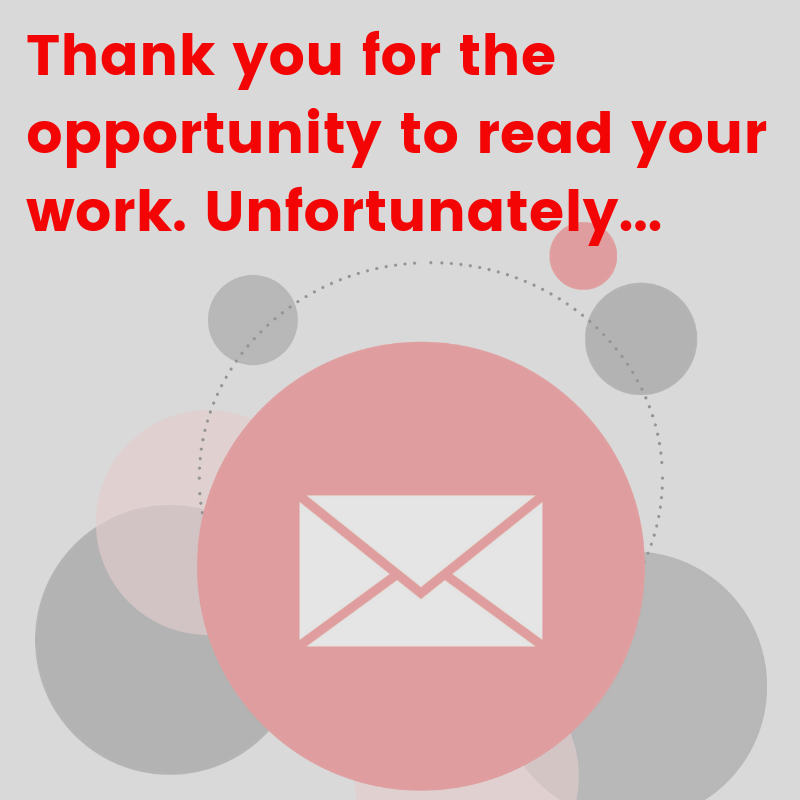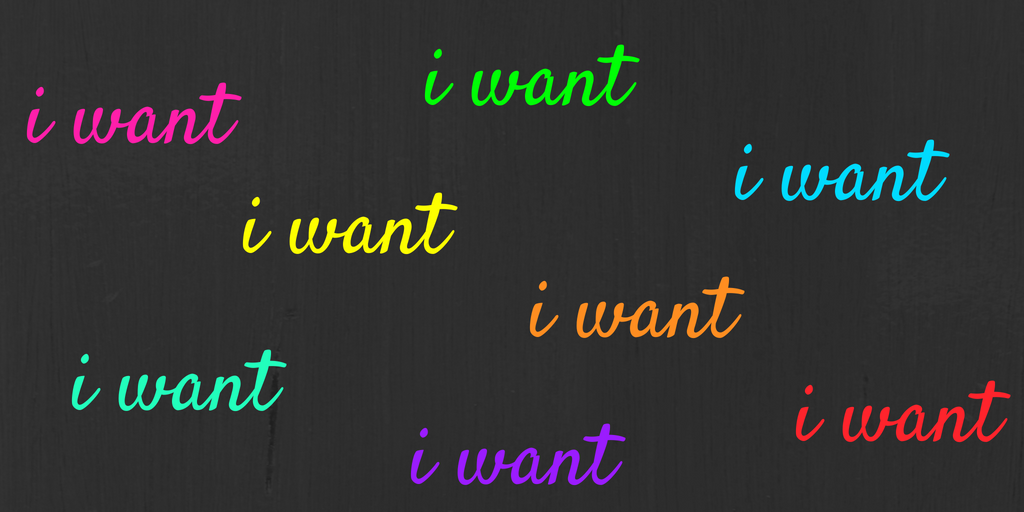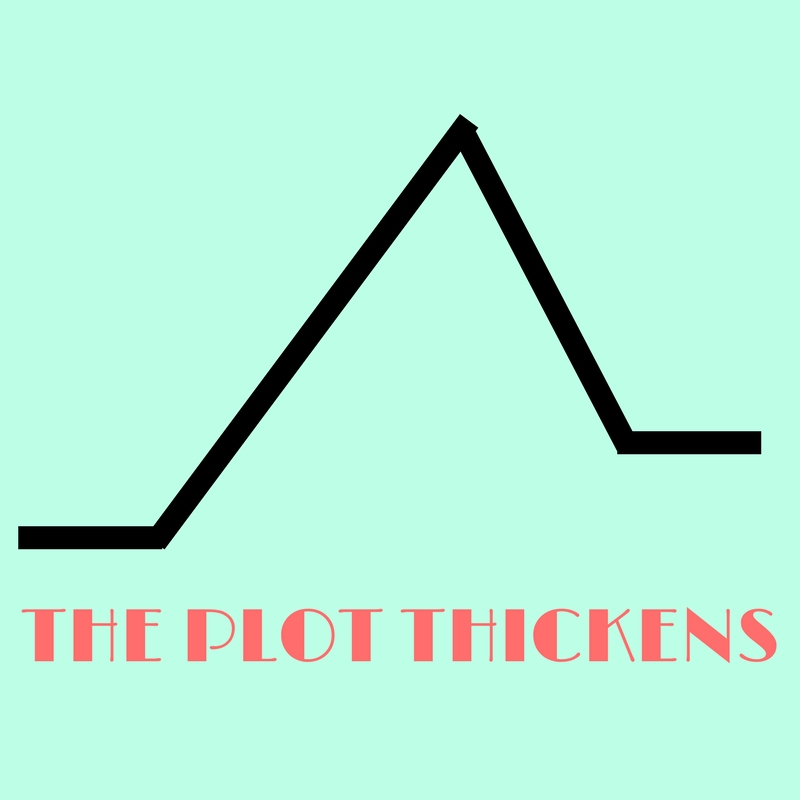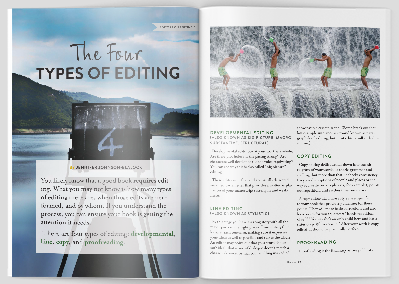Writers can spend hours (days…weeks…) crafting the perfect opening to their novels—and for good reason, as readers may decide whether to buy a book based on the first couple lines. But the ending is just as important in the long run, as it strongly influences how the reader will remember your book when it comes time to review and recommend.
I can’t tell you exactly how to end your work, as it depends on the genre, whether it’s a standalone or in a series, and the specifics of your story. But I hope these guidelines spark your imagination and help you create the perfect ending for your WIP.
1. Don’t forget the denouement.
At the end of the plot pyramid is the denouement, a French term that literally means untying and functionally means the resolution of the story, which should flow from the climax. If you think of the climax as the turning point of your story, you don’t want to turn your reader into a brick wall. Sometimes I read manuscripts that only have a couple pages after the climax, and while you don’t want to go on for another hundred pages, you do want to fully resolve the conflict and allow time for the dust of the climax to settle.
2. Make sure all loose ends are tied up.
Or…untied, as the case may be. Check to ensure you’ve followed through with all the dangling plot threads. Writers sometimes get tunnel vision and resolve their protagonist’s conflict neatly but forget that they left their main character’s sister deciding whether or not to leave her husband. This is where outlining can be of use, whether you do it before or after you write your first draft.
3. Consider what feeling you want the reader to have as they close your book.
Second only to the feeling of beginning to read a book and realizing instantly that it’s going to be one of your favorites is the feeling of satisfaction as you finish that book and reluctantly lay your new friend aside—and this feeling is only secondary because it comes with a tinge of sadness that you can never again read that book for the first time.
But that feeling of satisfaction isn’t derived from just one emotion. To give you a partial list, when a reader finishes a book, they may feel overjoyed, content, peaceful, energized, or heartbroken. So the question is, how do you want your reader to feel? Which emotion is the right fit for your story? That’s not to say every emotion is a possibility—I’d try to avoid feelings of confusion or disappointment—but if your climax hits a dark emotional note, it might not make sense to swing the resolution all the way back up to an ecstatic tone.
4. A satisfying ending doesn’t have to be a happy one…
To expand on this discussion, my all-time favorite ending is from The Sun Also Rises—bittersweet in its best interpretation and downright depressing in its worst. If you haven’t read it, two of the main characters, Jake and Lady Brett Ashley, love each other but can’t be together, in part because of Jake’s impotence from a war injury. The book closes with the two of them:
“Oh, Jake,” Brett said, “we could have had such a damned good time together.”
Ahead was a mounted policeman in khaki directing traffic. He raised his baton. The car slowed suddenly pressing Brett against me.
“Yes,” I said. “Isn’t it pretty to think so?”
To me, it’s an exceptionally poignant ending (add that to the list of possibilities above!), and it also rings true, to the characters and the overall mood of the work. But it isn’t happy; there’s no real hope that Jake and Brett are going to find a way to work it out.
5. …unless your genre demands it.
The big caveat to the possibility of ending your book with a less-than-happy ending is that some genres require a happy one. If you aren’t already familiar with them, you’ve probably seen the romance community using the acronyms HEA and HFN: happily ever after and happy for now—the latter a response to the fact that romance no longer necessitates a marriage at the end of the book. Though there’s been much debate (as always), according to the Romance Writers of America, a book must have “an emotionally satisfying and optimistic ending” to be a romance.
And even if it’s not a strict genre requirement, think about your book in the marketplace. More commercial novels usually have happier endings than more literary novels, which deal more in ambiguity.
6. Avoid cliffhangers.
With most books, you want to dot all your i's, cross all your t’s, and not leave your characters marooned on an island. Some debut writers end with a major cliffhanger in the hopes that they’ll be able to turn their book into a series. Depending on your genre, though, that may be unlikely: trilogies are relatively common in YA SFF, for instance, but rare in YA contemporary. And a publisher may buy just one book to see how it does, with sequels dependent on the performance of the first book. The safer bet is to craft an ending that may leave room for a continuation but is satisfying on its own.
Even when writers know a sequel is guaranteed, they tend not to end books in moments of peril. I recently read Holly Black’s The Wicked King, and I am DYING for the third book in the series. The conflict between the main characters doesn’t feel fully resolved, and I know there has to be another twist to it. But even so, Black ended this second book with her protagonist in a safe spot—a natural pause to the story and an ending to this particular vein of it, even though it’s not a full stop to the overall tale.
I’ll pause myself now, but to continue the conversation, this month’s newsletter will be talking a bit more about endings from the perspective of your characters—subscribe here to receive it.
And you should know that this blog post came at the suggestion of a client. Hyphen is here to help you, so if there’s anything you’d like to see covered on the blog, please reach out with suggestions.

















